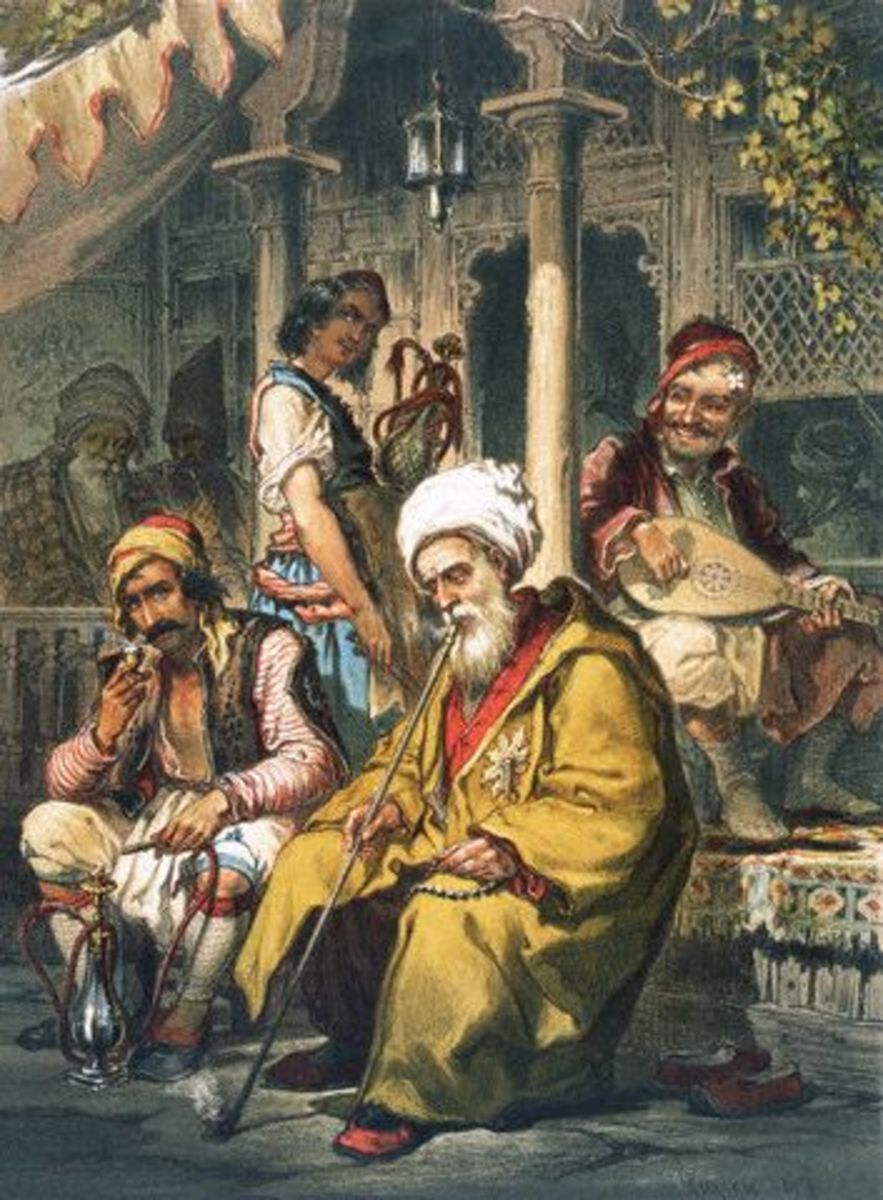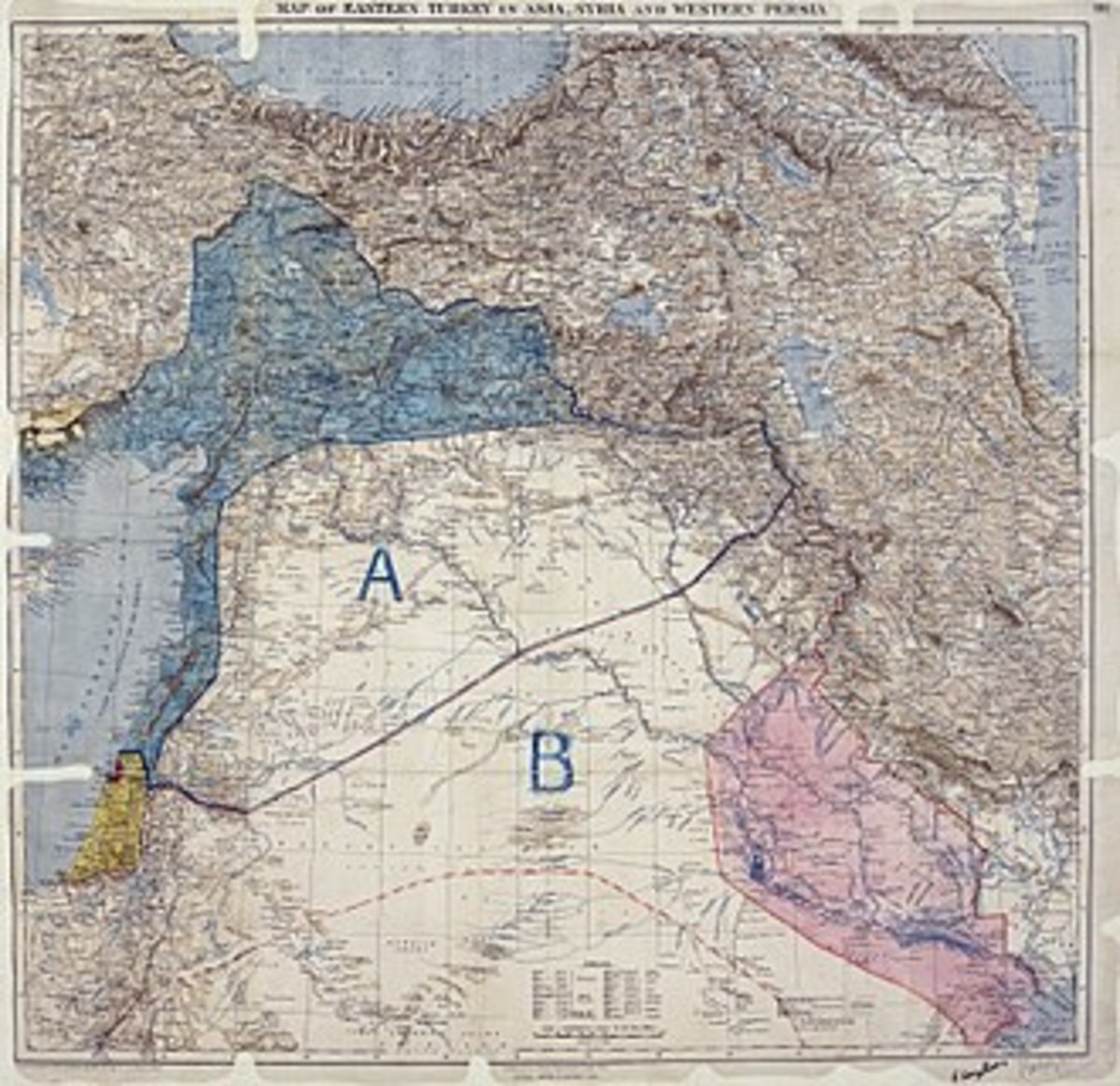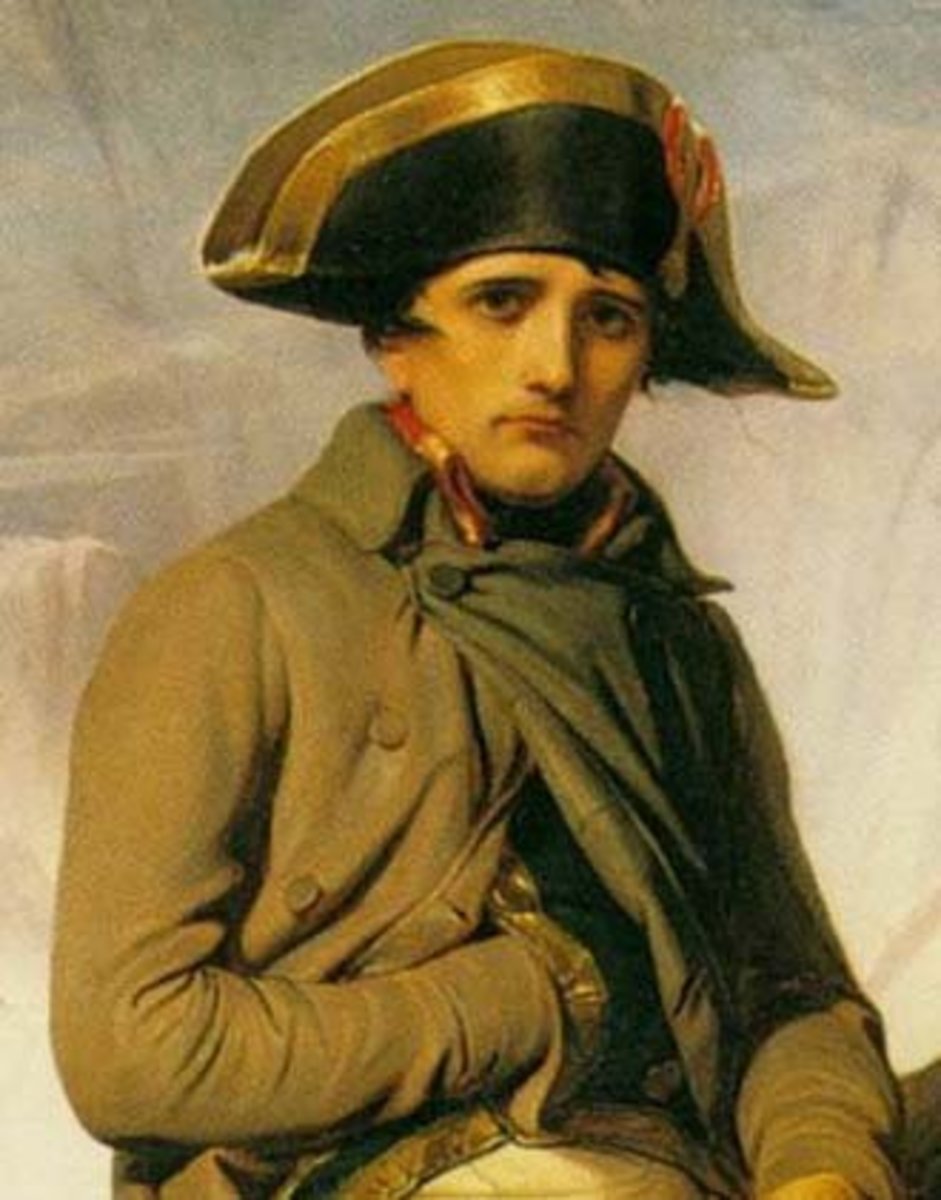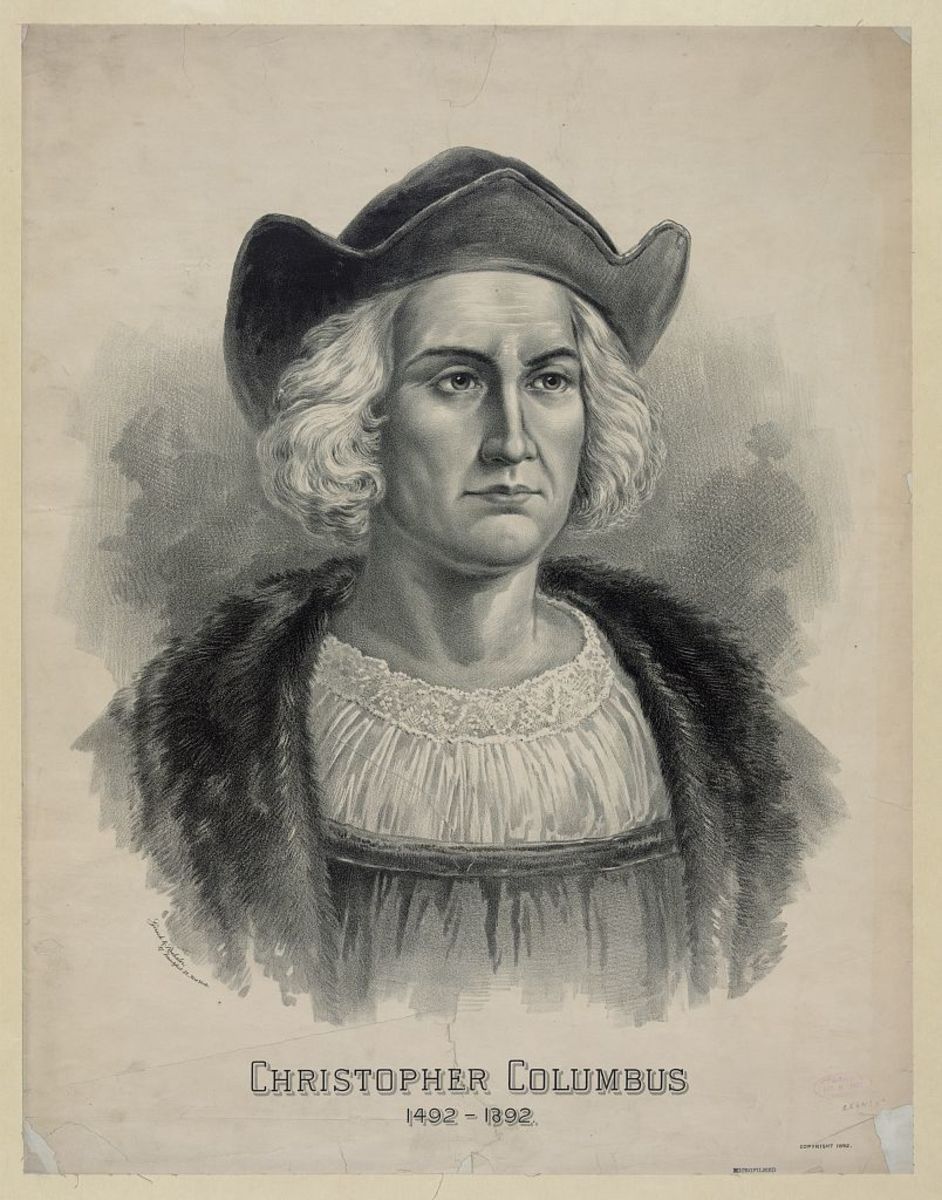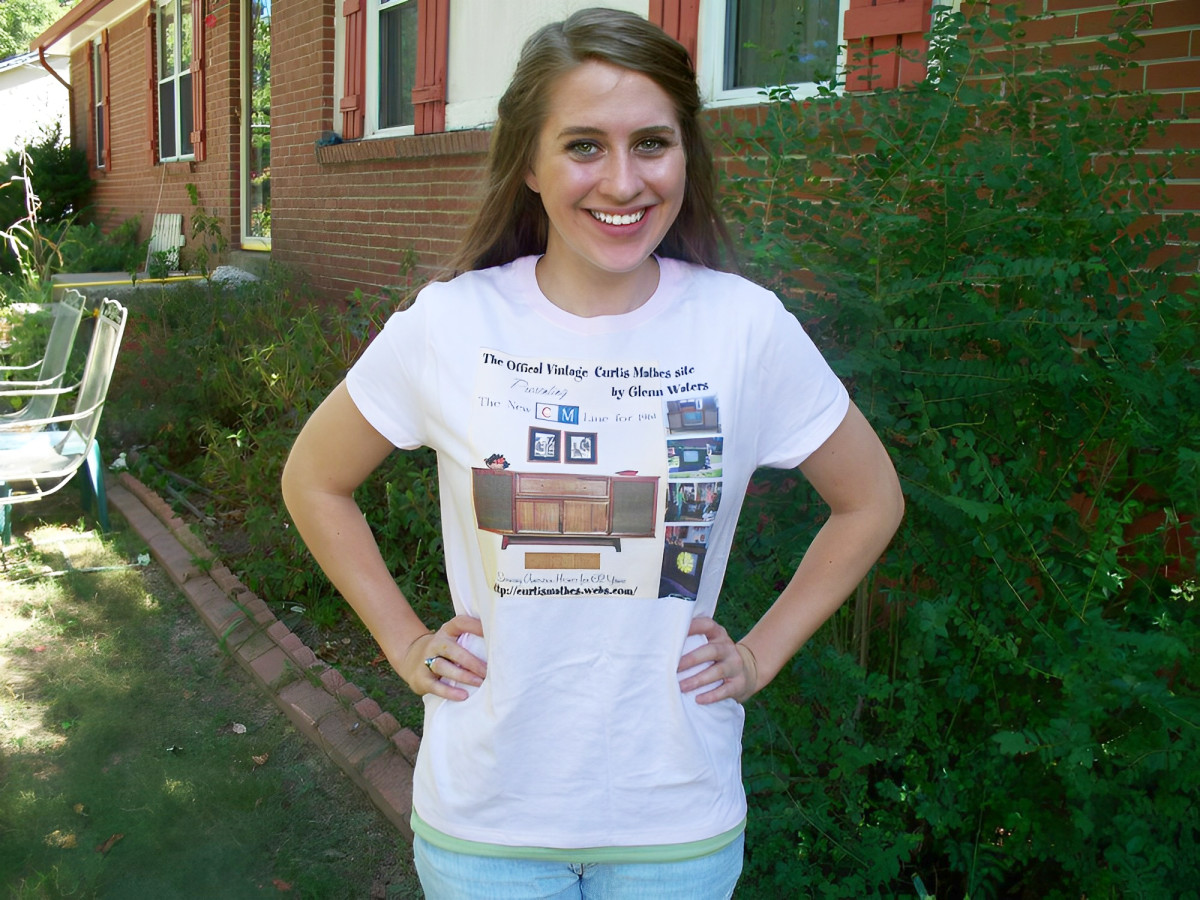Two Bullets that Changed the History of the World
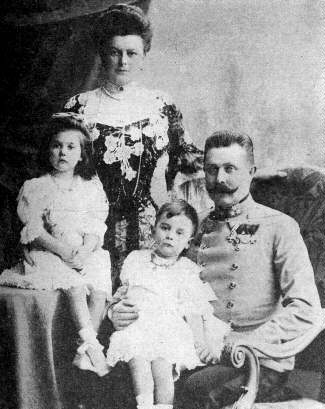
Most Damaging Bullets in Human History
Two bullets, fired by a 19 year old Bosnian boy named Gavrilo Princip, in Sarajevo, on 28th June, 1914 set into motion a chain of events that dragged the whole world into World War One, resulting in 38 million casualties across five continents, resetting the political boundaries of the world. It marked the end of Austro-Hungarian and Ottoman Empires, leading to Arab ascendancy in the Middle East and sowing seeds of Pan-Islamism. It also precipitated the Communist Revolution in Russia dividing the world into capitalists and communists, while the humiliation of Germany set the stage for Hitler and Second World War. Those two bullets changed the history and geography of the world for all time to come.
Austrian war on Serbia drags whole world into war
In 1914, almost all countries of Europe were interwoven in a network of treaties with each other. Their obligation to help each other in war dragged them all one by one into this war. Russia was bound by treaty to Serbia, while Germany was under obligation to join Austria-Hungary in war. France had a treaty with Russia. When Germany attacked Belgian to gain access across it to France, Belgian King requested Britain for help, referring to a treaty between the two countries. In a few months, the whole of Europe was at war. In August, 1914, a secret treaty was signed between Germany and Ottoman Empire, after which Ottoman empire, the Caliphate, also joined. Japan, which had a treaty with Britain, joined it to attack German interests in Asia. After resisting the war for two year, America also joined it in 1917. The whole world was at war.
Bulgaria chose to side with Austria-Hungary, Germany and the Ottoman Empire, together known as ‘Central powers’. The forces on the other side comprising Britain, France, Italy, Russia, America and other countries constituted the ‘Allied front’. This war was referred to as ‘Great War’ at that point of time and as ‘World War One’ or ‘WWI’ during later years. It involved 42 million armed soldiers on the side of Allied forces against 25 million soldiers of Central Forces, and resulted in total casualties of over 38 million people, including nearly 10 million dead. It finally ended with ceasefire by Germany on 11th November, 1918, known as the ‘Armistice Day’.
However, by the time World War One concluded, the world had permanently changed. More importantly, many other chains of events of events were set into motion by it, with consequences that are still affecting our lives.
The World at War : 1914-1917
Other interesting Hubs...
- Why do we Worship or Pray to God ?
After all why do we pray to God? Is it to please him and get rewarded by him in return or is to bring greater calmness and peace to our own self?
Long term Historical Consequences of World War One
The two bullets fired by Gavrilo Princips actually changed the long term history of the world. The political boundaries of Europe and Middle East were redrawn by this war. The Austro-Hungarian empire disintegrated into many small nations by the treaties of Saint-Germaine and Trianon, creating Austria, Hungary, Czechoslovakia and Yugoslavia and Greater Romania.
However, there were many other consequences that were of far greater import in the long term and which practically dictated history for the rest of the twentieth century. These included the break-up of Ottoman Empire, the creation of the Communist Soviet Union, humiliation of Germany and the rise of Pan-Islamism.
The boundaries of Europe before World War One
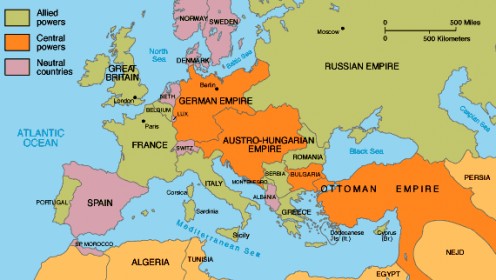
Breakup of the Ottoman Empire & Rise of Pan-Islamism
By the end of the war, the Ottoman Empire ceased to exist. It brought radical changes to the Middle East, many of which continue to haunt the region till date. The catastrophic consequences of the Middle East began with the attack of Ottoman forces on Russia in December, 1914. Just like Napoleon and Hitler, the Russian misadventure cost the Empire irreversible damage in the battle of Sarikamish, severely depleting its might. Its final defeats though, came much later, at the hand of British in the Middle East, when it lost Jerusalem in December, 1917 and was finally defeated in the Battle of Megiddo in September, 1918. The Allied forces occupied Istanbul in November, 1918.
The erstwhile Ottoman Empire was finally resulted in several small states like Armenia, Turkey (Anatolia), Iraq (Mesopotamia), Palestine, Lebanon, Egypt, Arab states, Cyprus, Syria and Lebanon. It also marked the ascendancy of the Arabs in the Middle East, who allied themselves with the Allied forces. Their ascendancy also put into fore the Wahaabi interpretation of Islam, which was more radical and less tolerant of other cultures. Another important consequence of war was the ethnic cleansing undertaken by the Ottoman Empire during the war years, that drove away the Armenians, Assyrians and Greeks out of the Middle East, while the Muslims from Europe and other regions were drawn there. Together, all these changes led to a greater fanaticism in Middle East along with a feeling of persecution of Islam by the Western powers, leading to Pan-Islamic aspirations among Middle East inhabitants. Much of whatever we observe today in the Middle East are the results of World War One consequences.
Other interesting Hubs...
- The Future of Egypt after Hosni Mubarak : Democracy, Military or Sharia
The future of post Hosni Mubarak Egypt will be decided by the struggle between three forces, the military, the Muslim brotherhood and the pro-democracy people.
The Fall of the Ottoman Empire & Rise of Pan-Islamism
The Russian Revolution & other consequences
Another great consequence of Word War One was the Russian Revolution. The war imposed severe economic burden on Russians. The Tsarist Government responded by printing more money, which lead to prices rising four times between 1914 and 1916, causing wide spread resentment. Combined with massive war casualties and widespread damage, it set the stage for a revolution that would upstage Tsar Nicholas II and bring Communists to power, leading to creation of a Communist Soviet. It marked the beginning of division of the world into capitalist and communist blocks which dictated the history of the second half of twentieth century.
Among other consequences of War, the most important was the imposition of huge war reparation burden on Germany by the ‘Treaty of Versailles’, which led to rise of nationalism in Germany, and helped Hitler gained power. The rest, as they say, is history!!
Lenin's speech: "How the Working People can be saved "
Other interesting Hubs...
- Ten Places You Must Visit in India
An introduction to the ten best destinations for any toruist planning to visit India, along with the reasons why they should be visited, map location, photographs, videos and other relevant information about them.
© 2011 V Kumar

